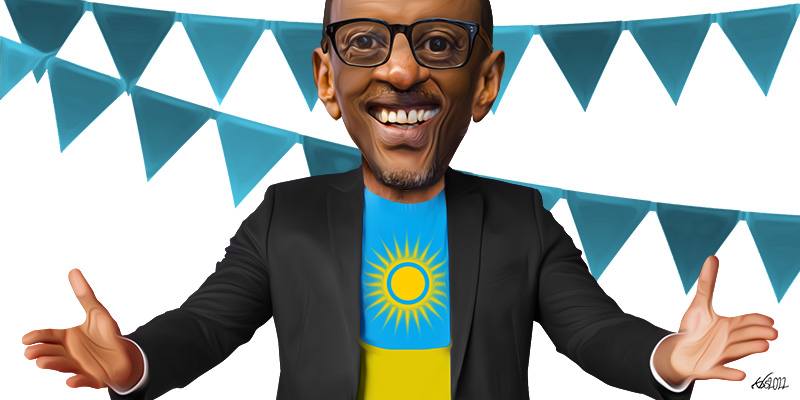A considerable number of Rwandans have been refugees and therefore understand the struggle that comes with being an asylum seeker and what it means to receive help from host countries to rebuild lives.
Rwanda’s structural constraints as a small land-locked country with no natural resources are often viewed as an obstacle to achieving the anticipated development.
While Rwanda’s intention to help address the global imbalance of opportunity that fuels illegal immigration is laudable, I would recommend that charity start at home. As host of the 26th Commonwealth Heads of Government Meeting scheduled for June 2022, and Commonwealth Chair-in-Office for the next two years, the government should seize the opportunity to implement the core values and principles of the Commonwealth, particularly the promotion of democracy, the rule of law, freedom of expression, political and civil rights, and a vibrant civil society. This would enable Rwanda to address its internal social, economic and political challenges, creating a conducive environment for long-term economic development, and durable peace that will not only stop Rwanda from producing refugees but will also render the country ready and capable of economically and socially integrating refugees from less fortunate countries in the future.
The original source of this article is The Elephant

